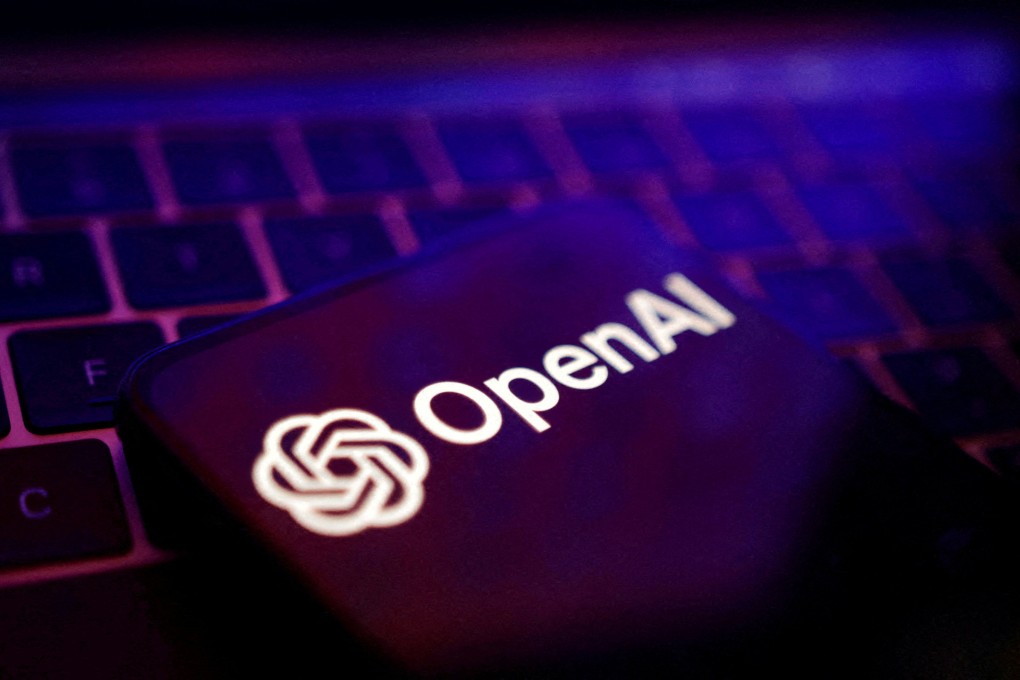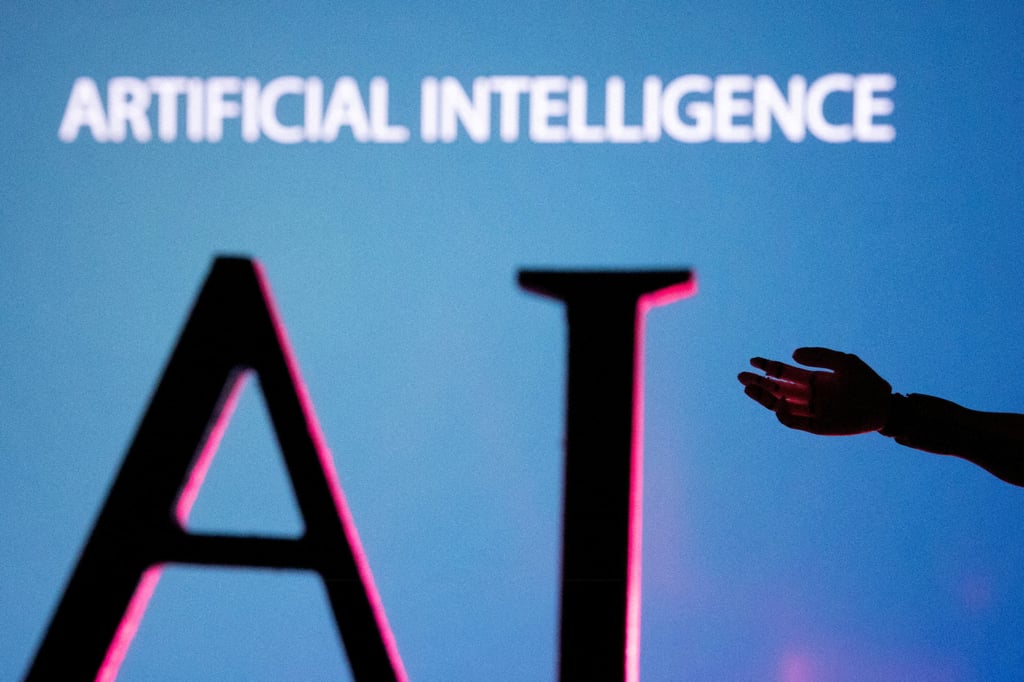OpenAI partners with Los Alamos to test AI’s value for lab work
- The Microsoft-backed start-up said it is working with Los Alamos to evaluate how its latest AI model, GPT-4o, can be used to support and troubleshoot lab tasks

OpenAI is teaming up with Los Alamos National Laboratory, best known for developing the world’s first atomic bomb, to study the opportunities and risks for using artificial intelligence systems to assist with scientific research.
The Microsoft-backed start-up said Wednesday that it is working with Los Alamos to evaluate how its latest AI model, GPT-4o, can be used to support and troubleshoot lab tasks – a partnership that OpenAI is billing as a first of its kind. Among other things, OpenAI said it would study how GPT-4o’s unreleased voice assistant technology can help scientists with their research.
OpenAI has made a series of announcements in recent weeks – including deals with Moderna and Color Health – to showcase the potential for its technology to be used for healthcare and biotech. Other AI companies, including Google’s DeepMind, have explored how artificial intelligence can help discover new drugs.

But rapid advancement in AI’s capabilities have also raised fears among lawmakers and even some tech executives that the technology could be used by bad actors to develop bioweapons. In January, OpenAI said GPT-4 – an earlier AI model – poses “at most” a slight risk of helping people create biological threats, based on early tests it conducted.
“The potential upside to growing AI capabilities is endless,” said Erick LeBrun, research scientist at Los Alamos, in a statement. “However, measuring and understanding any potential dangers or misuse of advanced AI related to biological threats remain largely unexplored. This work with OpenAI is an important step towards establishing a framework for evaluating current and future models.”